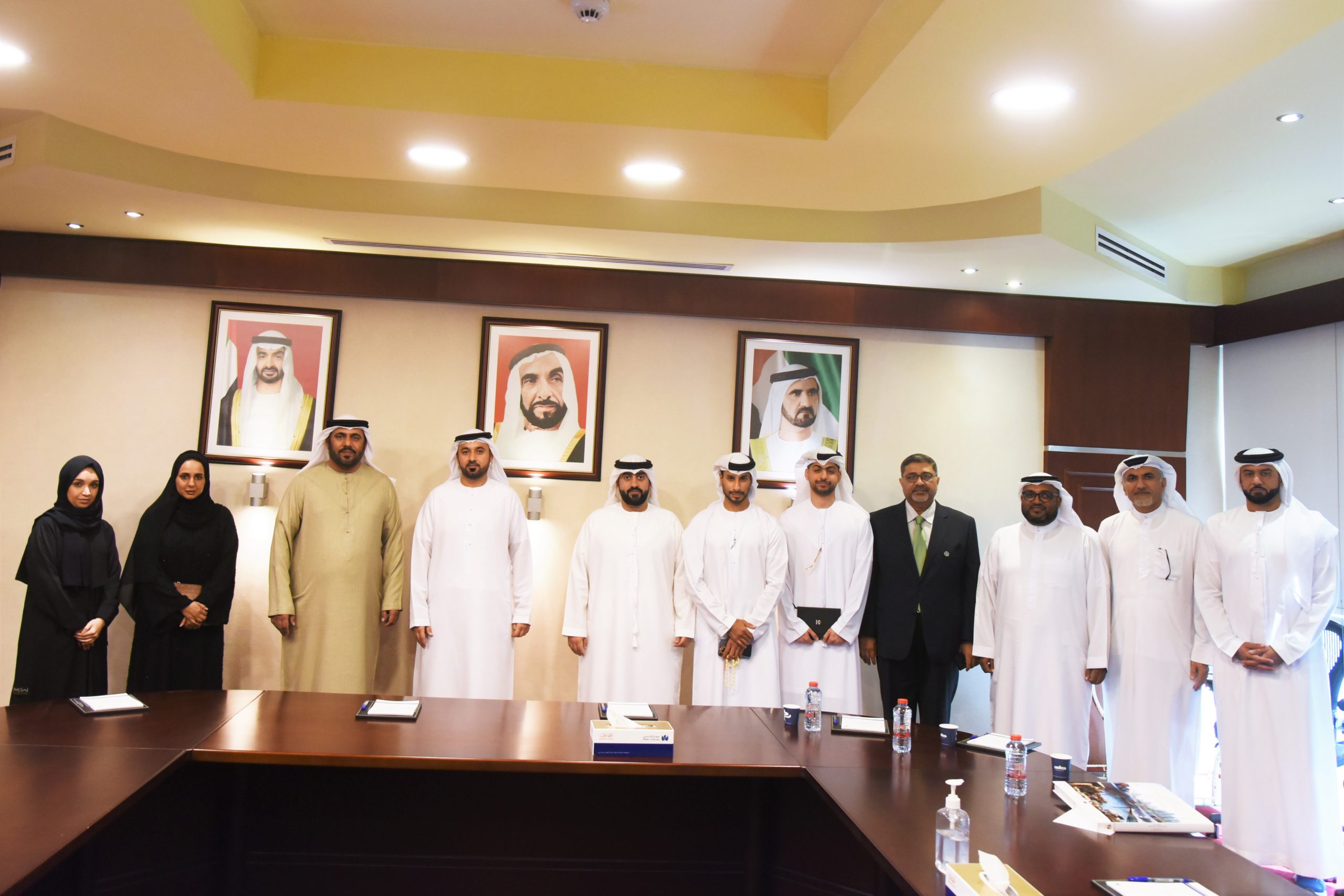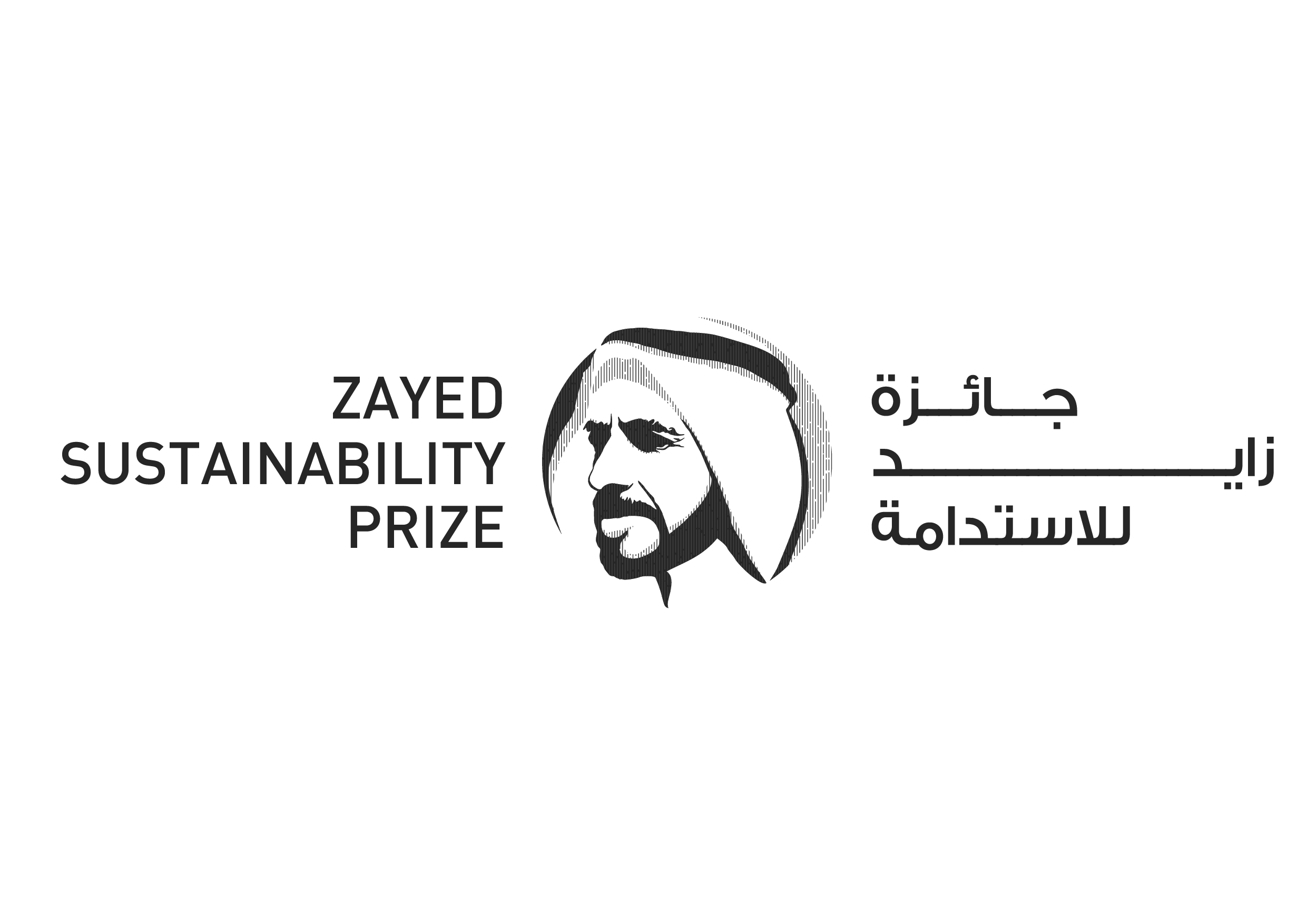ABU DHABI, 19th January 2022 (WAM) – Sustainability is more than just rationing energy and water consumption, it is about managing every activity in our daily lives to contain their impact on natural resources, said Eng. Ahmed Mohammed Al Rumaithi, Undersecretary of the Abu Dhabi Department of Energy (DoE), in his keynote address at the closing session of the Youth4Sustainability (Y4S) forum.
The new opportunities range from "jobs in alternative energy to new engineering processes, product design, and waste management and re-use," Al Rumaithi explained.
"[The] energy transition we are leading, and our net zero initiatives will not only improve our environment but [will also] create new opportunities to upskill the youth for green roles and new jobs focused on addressing climate change and reducing emissions."
A Masdar initiative, the Y4S forum forms part of Abu Dhabi Sustainability Week (ADSW), and was held on January 17-19, 2022, under the theme ‘Building Youth Adaptability and Resilience for a Sustainable Future’. It brought together leaders, experts, and youth from different backgrounds to discuss ways to reimagine and futureproof education, tackle climate change challenges, and stimulate youth employment for the green economy.
"The marvel human developments and rapid advances that improved our life came at a cost Global Warming," said Al Rumaithi, noting that more and more blame is put on energy use, with many calling for a radical and immediate shift to alternative sources.
"Can we suddenly refrain from using fossil fuels all at once? Are we willing to let go of our modern, connected life and go back to old ways of living and communicating?" he asked.
"If you spend 28 minutes on social media, the amount of carbon that experience uses is equivalent to travelling 166 metres in a small car," he told the young audience. "[But] does this mean we should stop using the internet and social media? Of course [not]; you can use social media to spread sustainable green living messages with peers around the world. Social media is a great tool to support good causes."
The DoE Undersecretary outlined two key thoughts in his keynote: "the first is that you are not to blame for the consequences of our high-carbon, energy-intensive economic models," he reassured the youth attending the event, noting that developing solutions to address this challenge was the responsibility of energy leaders and policymakers. "It is our challenge to deploy cleaner, more reliable energy sources and develop measures to ensure efficient governance to use those sources more responsibly," he explained.
Al Rumaithi continued with his second thought, saying: "Using energy is not really the problem, but overusing energy is, and this is where your challenge comes to rethink how you live and how you consume."
"Energy is fundamental to modern human life," he noted. "Almost anything we use or consume involves energy and the more we use those products and services, the more demand for energy will grow. Unfortunately, while it is estimated that renewable energy will make up 40% of global energy by 2040, energy consumption is projected to double around the same time."
"Sustainability is a mindset; to be sustainable means to watch our consumption of everything. The less we consume, the lower demand for energy-dependent production will be, and the more sustainable choices we make the greener businesses will evolve, and green investments will be prioritised," he explained.
"We rely on your new ideas and innovations to provide solutions for a sustainable future. A world of opportunities is in front of you and as the younger generation, you have the chance to restore the planet."
The Abu Dhabi Department of Energy is a Principal Partner to the Youth 4 Sustainability (Y4S) platform – a Masdar initiative and a part of Abu Dhabi Sustainability Week – for the fourth year running. The platform seeks to invest in and actively support the development of young people, empowering them to become the sustainability leaders of tomorrow.

 World2 years ago
World2 years ago
 World2 years ago
World2 years ago
 Entertainment7 years ago
Entertainment7 years ago
 World7 years ago
World7 years ago
 Entertainment7 years ago
Entertainment7 years ago




